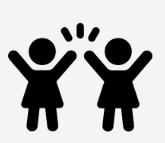
Music at Our Lady of the Rosary




For the LORD gives wisdom; from his mouth come knowledge and understanding.
Proverbs 2:6




Music is a universal language that allows the pupils of Our Lady of the Rosary to expressthemselves as composers, performers, improvisers, and communicators. Rooted in our Catholic faith, we aim to inspire a love of music that develops a range of skills through exploring the interrelated dimensions, whilst also nurturing a deeper understanding of God's creation and the beauty of His gifts.
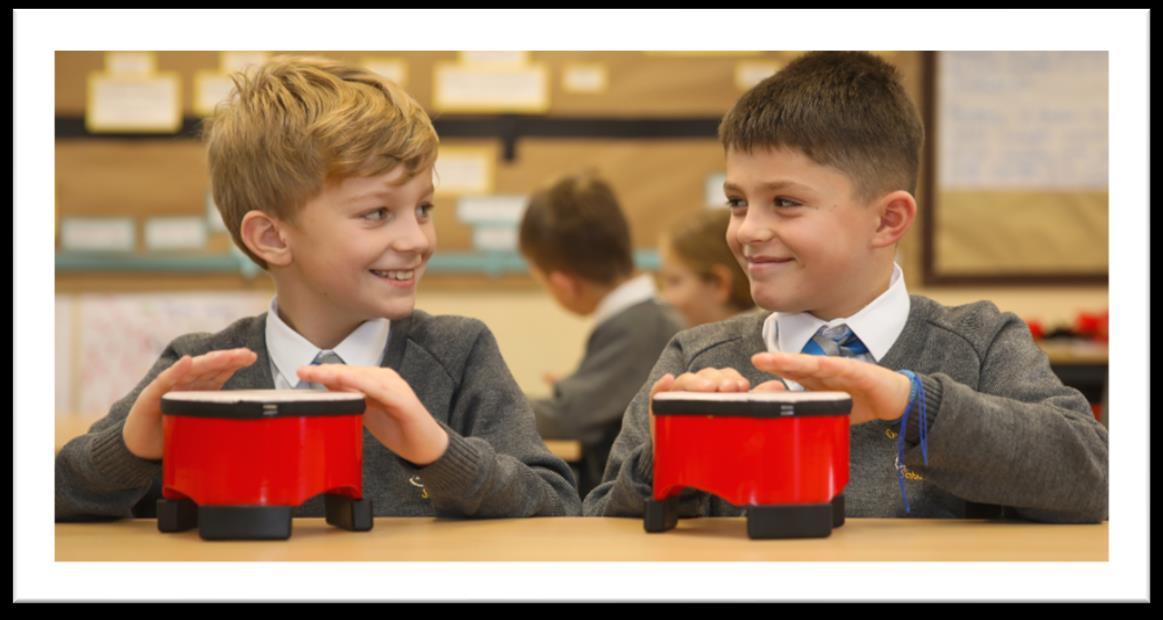



Our curriculum challenges children to consider their understanding of history, art, technology, and culture. We expose pupils to the works of great musicians and composers, both historical and current, fostering an appreciation of quality listening and appraising.

We believe that music is a divine gift that belongs to every pupil of every ability. Our musical opportunities –whether it be curriculum time, instrumental lessons, whole-school singing, or extra-curricular activities –nurture pupils’ talent and creativity, but most importantly, teach our children to use their voices, participate joyfully, and celebrate their unique God-given gifts.
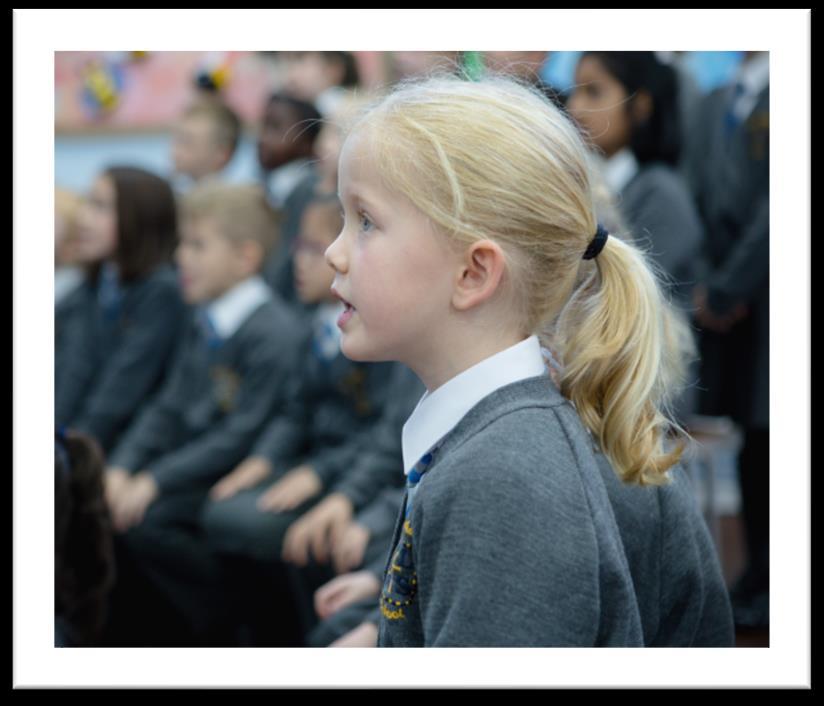

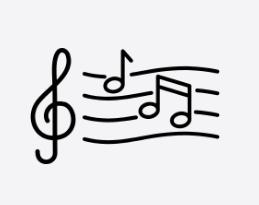


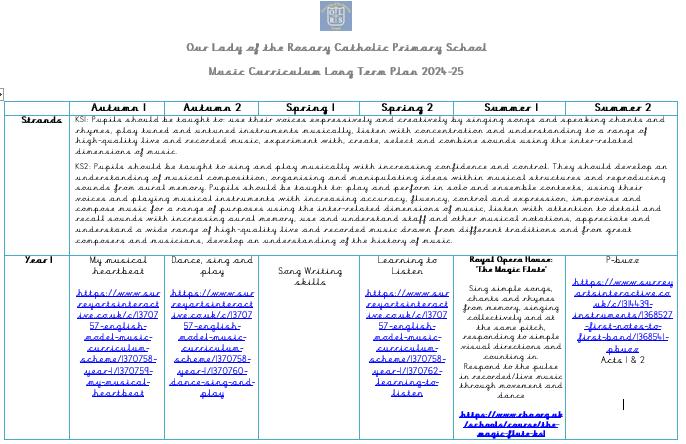

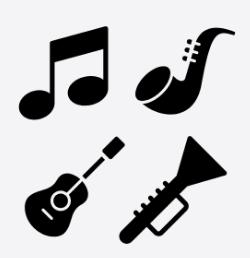


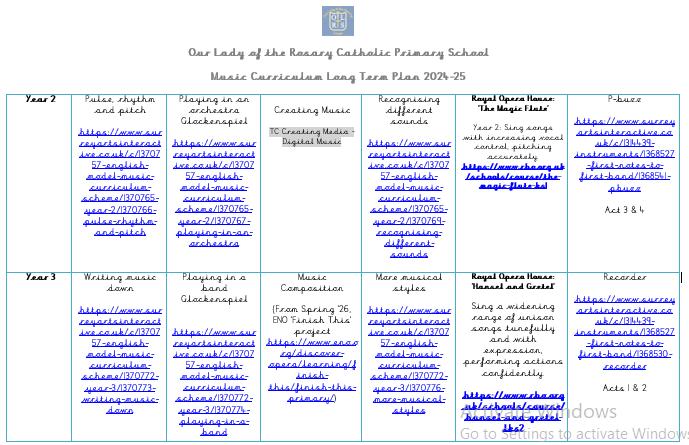




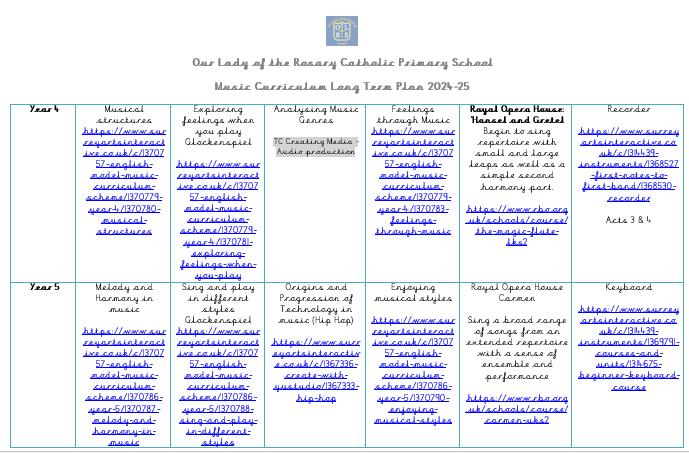




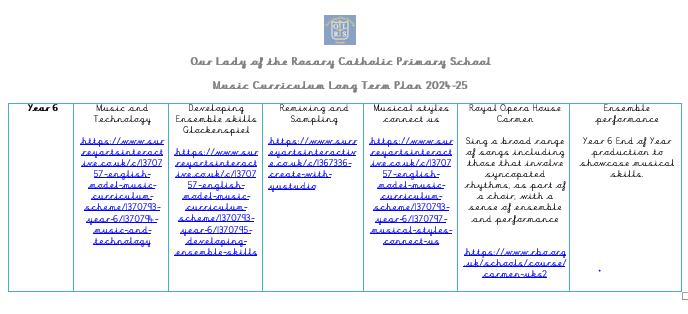









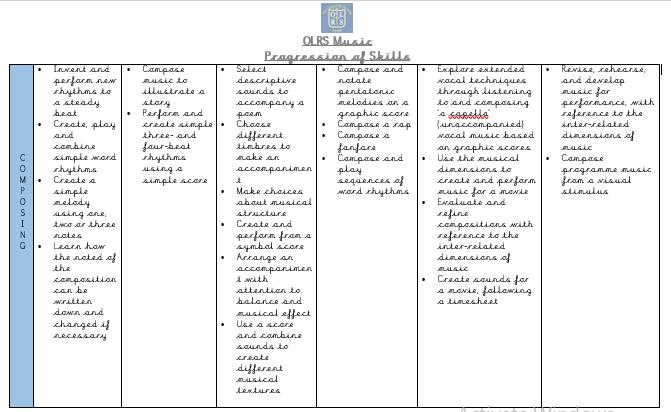

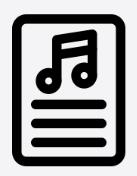


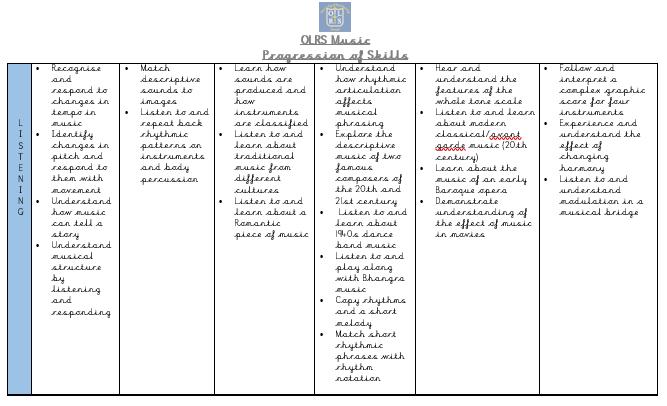

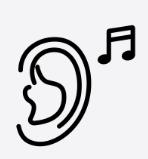




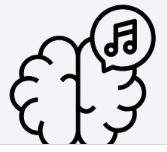

Children will be engaged in making music for much of the lesson.
They could be:
Chanting a rap
Adding “body percussion” for example, clapping/stamping/clicking
Singing songs (call and response, with actions, topic-related, a round or part-song, etc.)
Playing classroom percussion instruments/keyboards
Exploring/creating own compositions using voices, environmental sounds, acoustic and electronic instruments and computer software
All of this will be supported by the creative and musical involvement of the adults.

In a composition lesson, pupils will be given stimulating starting points. These will offer scope for musical representation, for example; patterns, materials, pictures and paintings, video-clips, etc.
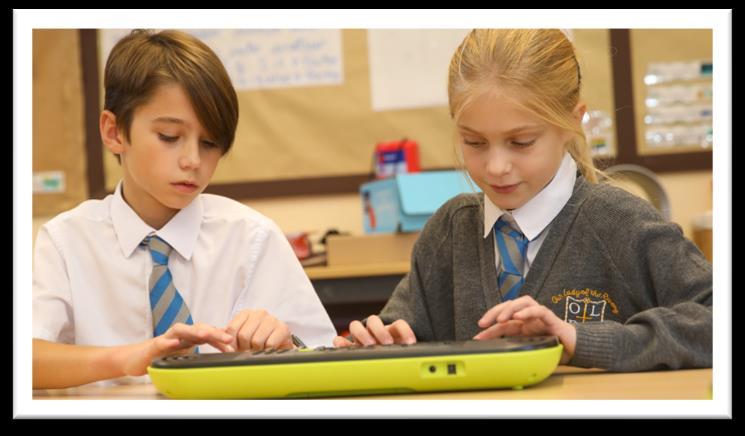
Children will be given opportunities to explore sounds and try out new ideas. In listening and appraising lessons, songs and musical pieces will embrace a wide variety of styles and cultures.

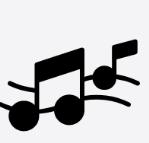

Opportunities are provided for children to demonstrate what they have learned or their what they have composed. This may be individually, in pairs or in small groups . This provides opportunities for class appraisal and student assessment.
Children will be using and demonstrating an understanding of key musical vocabulary:
DYNAMICS (volume)
PITCH (high and low)
TEMPO
TEXTURE(speed)(layering)

TIMBRE (sound quality, i.e., how does a drum sound compared to a bell)
STRUCTURE (i.e., verse/chorus verse, etc.)
RHYTHM (patterns of long and short notes), BEAT (beat is constant; think heartbeat, or clock ticking).
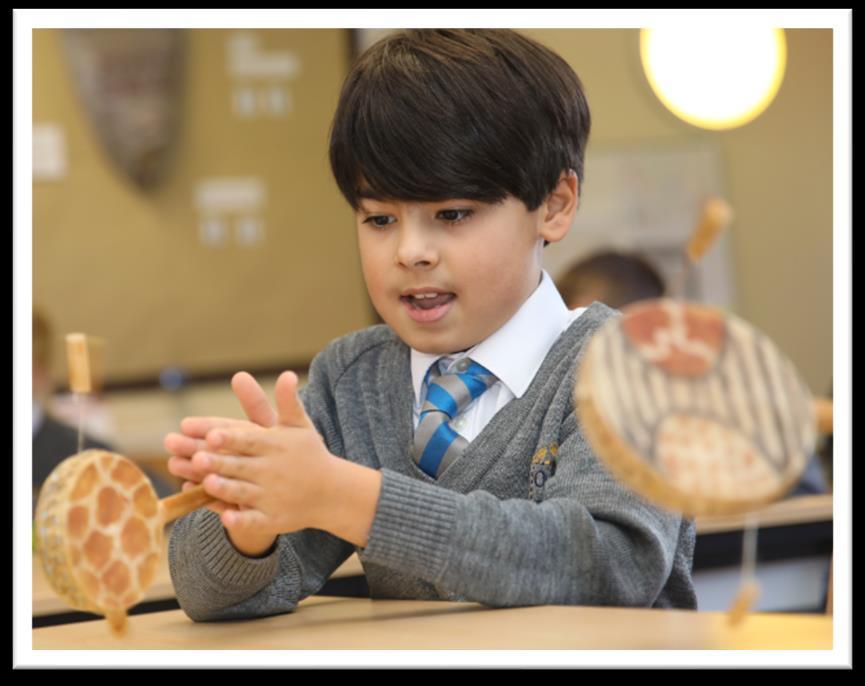
Pupils will demonstrate their understanding of musical techniques and demonstrate these clearly during the lesson. For example, sitting with the correct posture or holding an instrument appropriately.

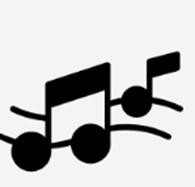

At Key Stage 1, teachers use a range of methods to assess pupils progress in music. These may include:
Performance and Singing: Assessing pupils' ability to use their voices expressively and creatively by singing songs and speaking chants and rhymes.
Instrumental Play: Evaluating pupils' skills in playing tuned and untuned instruments musically.
Listening and Appraising: Using activities where pupils listen with concentration and understanding to a range of high- quality live and recorded music.

Creative Tasks: Assessing pupils' ability to experiment with, create, select, and combine sounds using the inter-related dimensions of music (pitch, duration, dynamics, tempo, timbre, texture, structure).

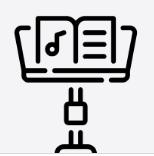

At Key Stage 2, teachers use a range of methods to assess pupils progress in music. These may include:
Key Stage 2
Performance(KS2) : Assessing pupils' ability to play and perform in solo and ensemble contexts, using their voices and playing musical instruments with increasing accuracy, fluency, control, and expression.
Composition and Improvisation: Evaluating pupils' skills in improvising and composing music for a range of purposes using the inter-related dimensions of music.
Listening and Appraising: Conducting activities where pupils listen with attention to detail and recall sounds with increasing aural memory.

Musical Notation: Assessing pupils' understanding and use of staff and other musical notations.
Historical and Cultural Understanding: Evaluate pupils' appreciation and understanding of a wide range of high-quality live and recorded music drawn from different traditions and from great composers and musicians, as well as their understanding of the history of music.



Pupils in all year groups have the opportunity to take part in performances during the school year. These include an EYFS/KS1 Nativity play, a KS2 Christmas carol concert in the local church, an Easter production and a Year 6 end of year production.
The school choir have performed in Westminster Cathedral and the Church of the Immaculate Conception in London’s Mayfair.

Pupils have been invited to sing for residents of local sheltered accommodation.
Children also have the opportunity to take part in our OLRS talent show to showcase their musical skills.

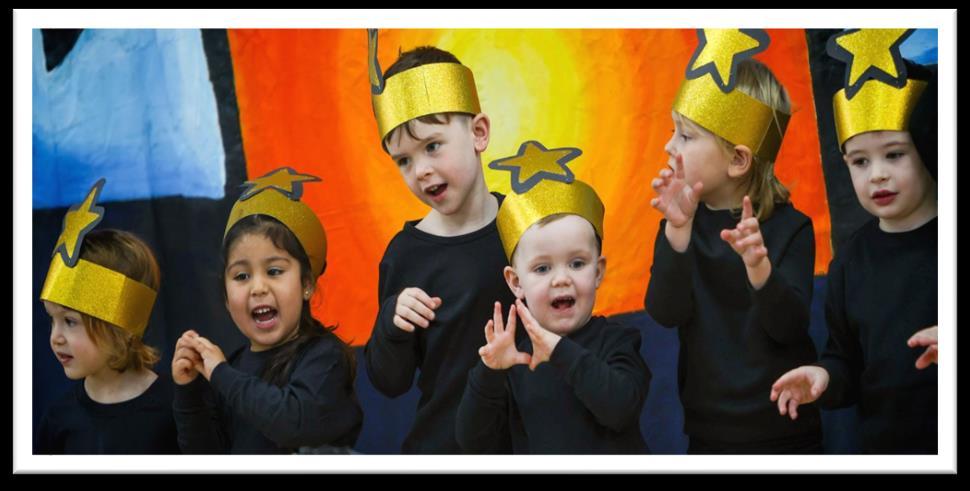



• Members of the school choir performing at Westminster Cathedral.
• Year 6 productions of Bugsy Malone and Matilda.

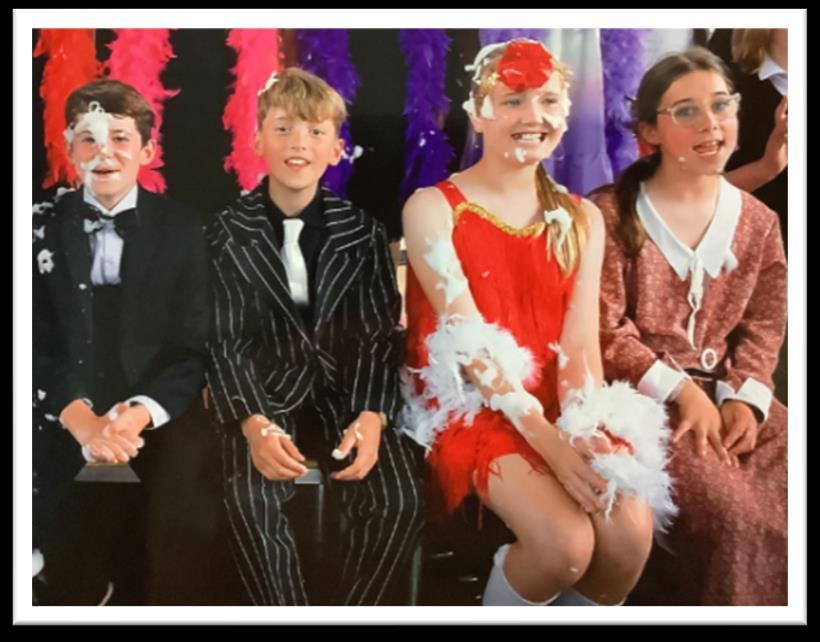
• Yvette Murphy, Choral Director of the Diocese of Westminster, leading our school choir and weekly singing practice sessions.

